Source: New Smart Element

Image Source: Generated by Wujie AI
In 2021, when Meta (Facebook) achieved a breakthrough, Mark Zuckerberg didn't really know what had happened, but his rapid learning ability allowed him to pull Meta out of the quagmire. The unintentional breakthrough by FAIR and open-source AI allowed Zuckerberg to turn the tide.
This April, Meta (Facebook) is about to celebrate its 20th birthday.
Mark Zuckerberg also completed the redemption of the company and shareholders in 2023, allowing Meta to benefit from the AI boom, successfully stabilizing the company's stock price and returning to historical peak levels.
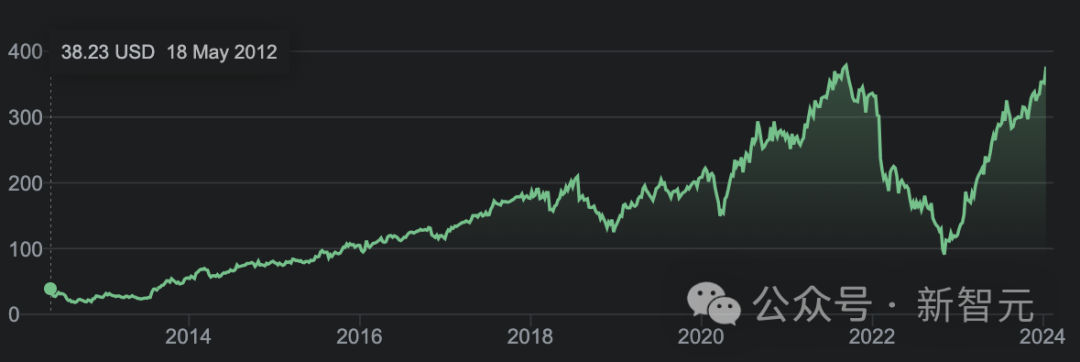
And once again, Zuckerberg has proven with his success why he is the only founding CEO among American internet companies.
Meta's AI Journey - Unintentional Breakthroughs Lead to Success
In the summer of 2021, at the annual gathering of political and business celebrities in Sun Valley, Idaho, Google's CEO praised Zuckerberg's Facebook AI team's technological breakthroughs.
This kind of praise is what Zuckerberg likes to hear, but what puzzled him more was that he didn't quite understand what specific technological breakthrough the CEO was praising.
According to insiders, in 2013, Zuckerberg hired LeCun to lead Facebook's AI research team at a high cost.
But after hiring LeCun, Zuckerberg basically let go of the AI team. He shifted his focus to finding the next big breakthrough.
Before Facebook finally decided to go all in on the metaverse, Zuckerberg was preoccupied with instant messaging, video streaming, and cryptocurrency.
It wasn't until later that Zuckerberg decided to bet the company's future on the metaverse. In his view, VR represents the direction of the future digital world for human interaction.
He even renamed the company Meta.
At present, this bet looks like a huge failure.
Meta has spent about $50 billion on the metaverse project and still cannot produce products that ordinary people like.
This made the company seem hesitant to celebrate its 20th anniversary in February of this year.
Its core social media business is still huge and profitable, but the days of rapid growth are over.
Many employees complain that the biggest difficulty in innovating at Meta is the bureaucracy of the organization.
Many talented employees have left Meta as a result. These critics believe that the only way to succeed at Meta is to attach themselves to Zuckerberg's favorite projects, but the problem is that his grand plans often fluctuate and often have little effect.
"He thinks this direction will lead to something big, but I think he's betting on the wrong direction," said a former Meta researcher when talking about the metaverse.
Returning to the praise from Google's CEO, after Zuckerberg was puzzled by the praise, he went back to the company to inquire about what breakthroughs FAIR had achieved.
He also started "a lot of self-study," as Jerome Pesenti, former VP of AI at Meta, put it.
Google's CEO is not the only one impressed by FAIR's work. Industry insiders believe that Meta has always been one of the leaders in the field of artificial intelligence.
Initially, Meta's interest in AI was mainly seen as a way to realize Zuckerberg's vision of the metaverse. But after the launch of ChatGPT in 2022, Meta began to focus more on generative AI.
A spokesperson for Meta once claimed, "Meta has been very successful in developing generative AI and open-source models. Llama - with over 100 million downloads."
And those who are used to seeing big companies jump from one pit to another should know that there are really not many successful examples of such a huge shift.
Facebook 20 Years

2004
Mark Zuckerberg and other Harvard students founded TheFacebook, received some early investments, and merged their startups.

2005
Facebook expanded from college campuses and launched a service version for high school students.
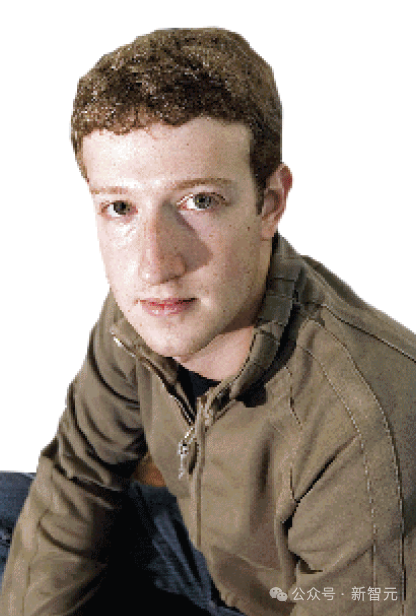
2006
Facebook launched News Feed, establishing the main direction of consumer social media.

2007
External developers could build their own applications through the Facebook platform, integrated into Facebook's social graph.
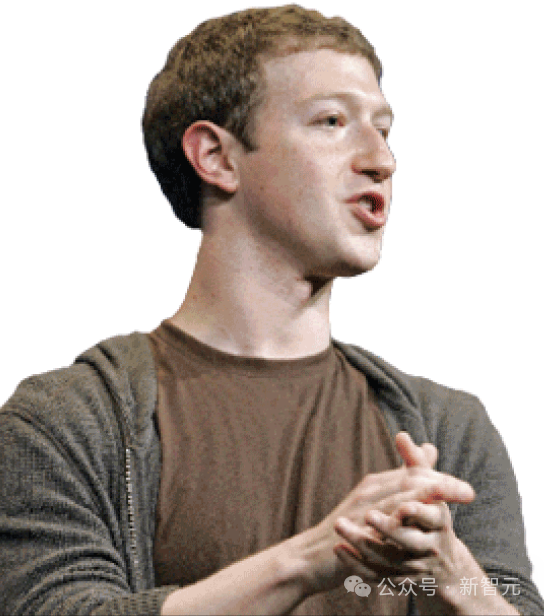
2008
Facebook settled with Tyler and Winklevoss, who accused Zuckerberg of stealing their idea.

2009
A few days after its fifth birthday, Facebook launched the "Like" button. The blue thumbs-up icon became the company's symbol.

2010
The release of "The Social Network," in which Jesse Eisenberg played Zuckerberg. Zuckerberg stated that the story of Facebook depicted in the movie is inaccurate.

2011
Facebook was rated as the world's second most popular website. The top-ranked site launched its own troubled social network: Google+.

2012
Facebook acquired Instagram for $1 billion, and its valuation reached $100 billion.
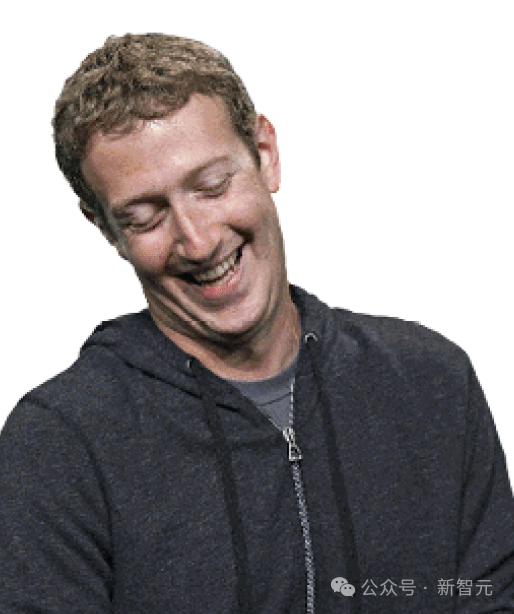
2013
Zuckerberg officially launched Facebook's AI project and hired one of the top experts in the field of deep learning, Yann LeCun, to head the lab.

2014
In a little over a month, Facebook acquired WhatsApp for $22 billion and Oculus for $2 billion.
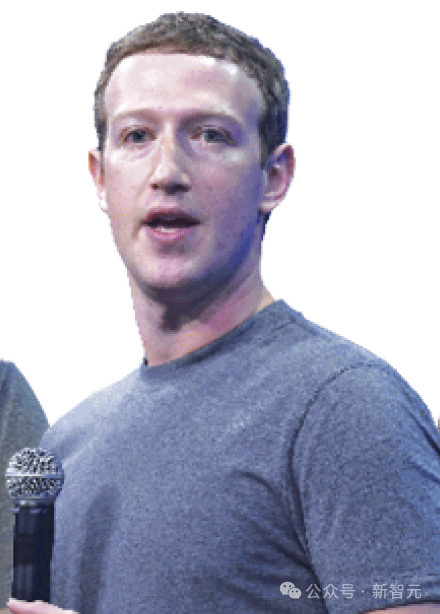
2015
Over 1 billion people logged into Facebook in a single day, which the founder praised as a milestone towards "a more open and connected world."

2016
Trump won the US presidential election, sparking years of controversy about Facebook's role in politics.

2017
Facebook stated that it found evidence of Russian influence activities on its website, while Trump accused the company of bias against him.
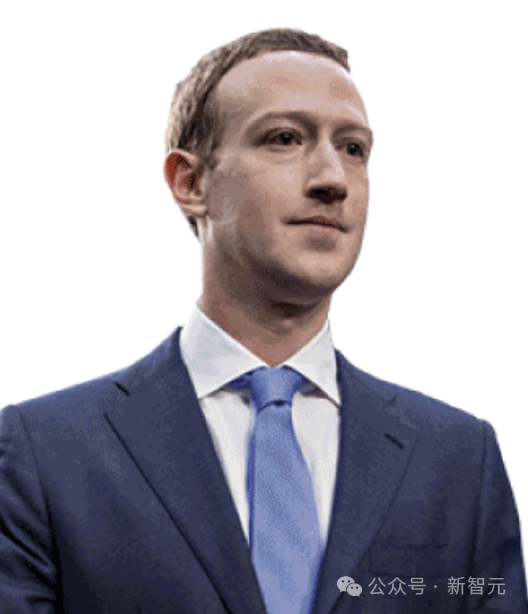
2018
User growth in the US and Canada stagnated, and Zuckerberg appeared before Congress for the first time to discuss the 2016 election.
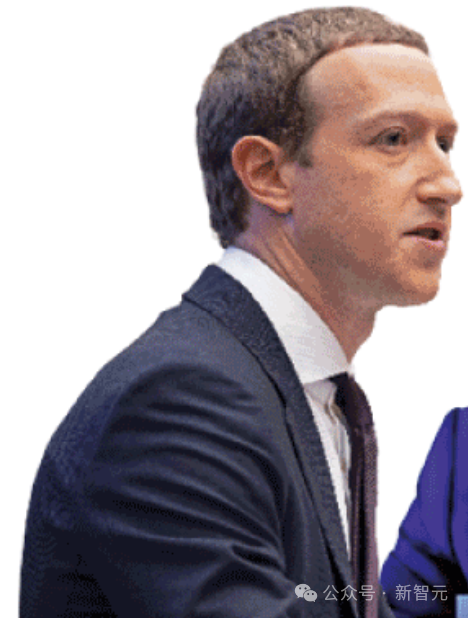
2019
Facebook announced a cryptocurrency project, which immediately sparked strong opposition. The company shut down the Libra cryptocurrency project just three years later.
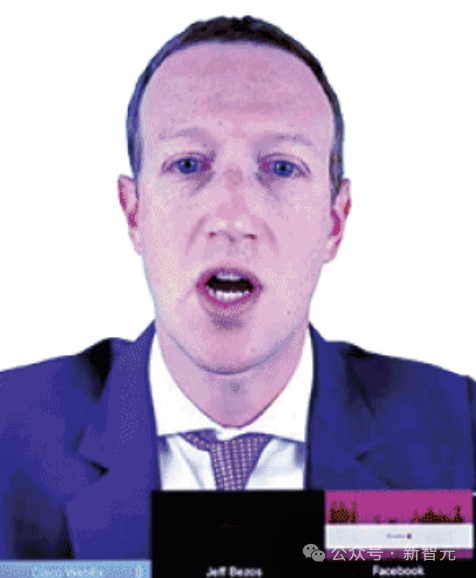
2020
Zuckerberg stated that the increase in Facebook usage during Covid-19 was the beginning of a permanent acceleration.
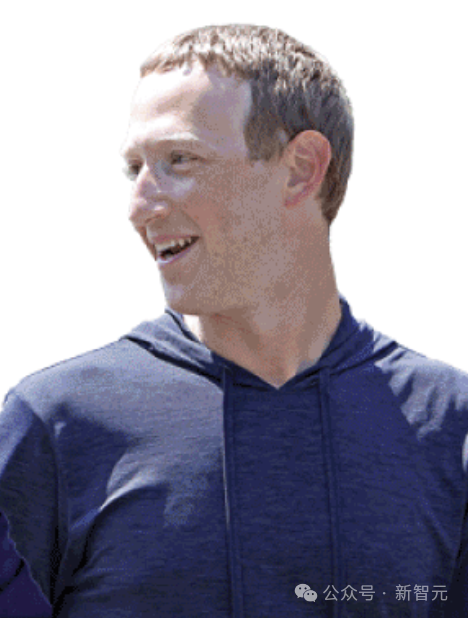
2021
Facebook was renamed Meta Platforms as part of its push towards virtual reality and the metaverse strategy.

2022
Meta announced its first large-scale layoffs to cope with declining traffic.
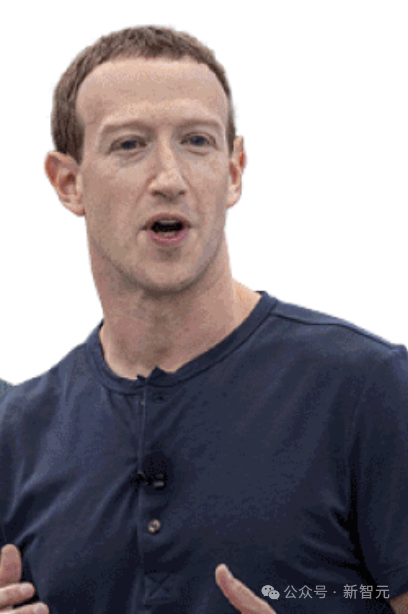
2023
Facebook's stock price soared again, reinforcing its investment in artificial intelligence and launching Threads to compete with Twitter.
Meta is the largest internet company in the US still run by one of its founders.
Zuckerberg retains controlling ownership and makes the final decisions.
Internally, it is widely believed that Zuckerberg himself driving innovation indicates the company is serious about this direction. When something is important to Meta, Zuckerberg always stands up for it.
In the era of Meta's metaverse, Zuckerberg's close involvement is particularly evident, said employees responsible for creating its Reality Labs department.
Zuckerberg is very concerned about how Meta handles virtual images - how people present themselves in the virtual world. He believes this is the key to expanding virtual reality from gamers to general social applications.
According to employees of the department, Zuckerberg spent several hours attending meetings about the avatar market, avatar design, and introducing avatars to users through Facebook and Instagram.
In August 2022, Zuckerberg shared a screenshot of his own avatar on Meta's first major metaverse application, Horizon Worlds.
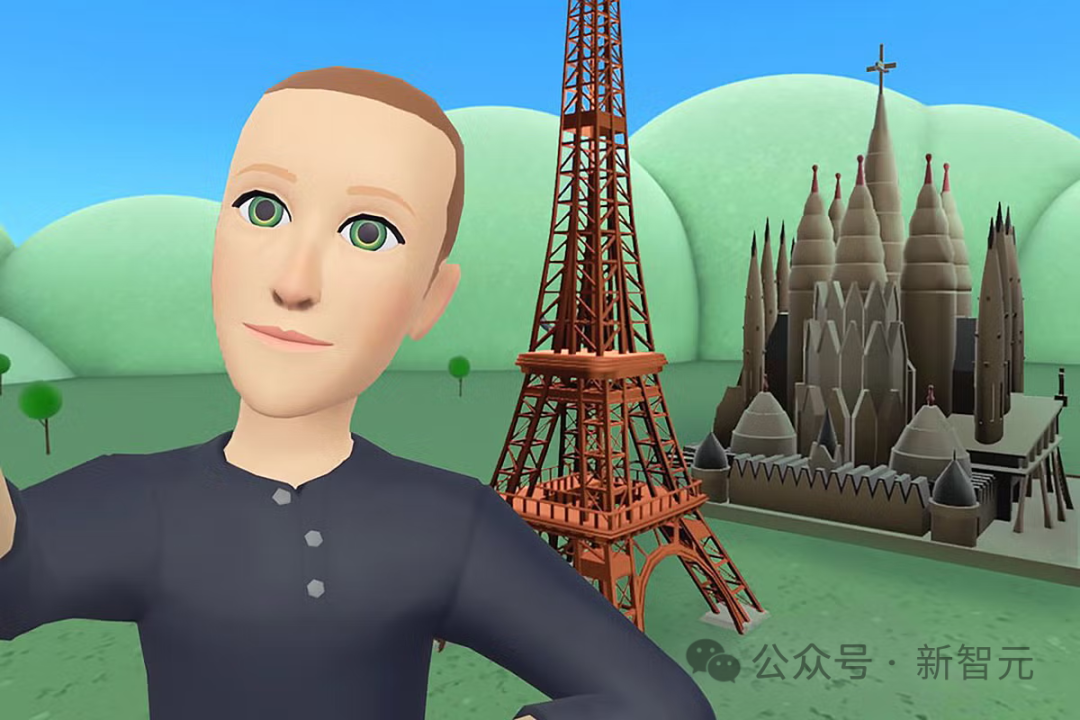
The graphic quality was surprisingly low, making Zuckerberg look very abstract.
Zuckerberg has now become accustomed to being ridiculed online with various memes. For example, he looks like a mime who applied too much sunscreen, making him look like a mime. He weirdly drinks water in Congress.
But he still gets very angry when people mock his new products.
Later, Zuckerberg shared a high-quality avatar he had created, and the graphic artist who created the avatar revealed that Zuckerberg made 40 versions before he was satisfied.
Later, Zuckerberg attended the wedding of his former COO Sheryl Sandberg, where the avatar meme reappeared.
Several insiders said that Zuckerberg was very frustrated, to the point where he felt that his PR team didn't know how to promote Meta's products. The company later reassigned several of them to other teams.
Gradually, public interest in the metaverse has waned, while the frenzy for artificial intelligence has made Zuckerberg's shift towards virtual reality seem out of touch.
But behind the scenes, Meta's AI department has been quietly working and making significant progress.
FAIR has hired researchers from around the world and is seen as a true competitor to OpenAI or Google DeepMind.
Meta's AI breakthroughs include the creation of PyTorch, a popular software for developers to build AI applications.
They also released a robot that can reach the top 10% of human players in the strategic game Diplomacy.
They open-sourced Llama, a product that can be compared to OpenAI's large language models.
Zuckerberg's Frustration
Meta did not spend time developing AI-driven consumer products, but instead focused on using AI to recommend content to Facebook and Instagram users and help advertisers guess which ads consumers would click on.
This allowed Meta's core business to benefit, but on the other hand, the lack of real interaction with consumers meant that Meta did not gain prominence in this era of artificial intelligence.
In May 2023, when the White House invited top consumer AI companies to discuss the future of AI with the president, the guest list included OpenAI, Google, Microsoft, and the CEO of the startup company Anthropic, but not Zuckerberg.
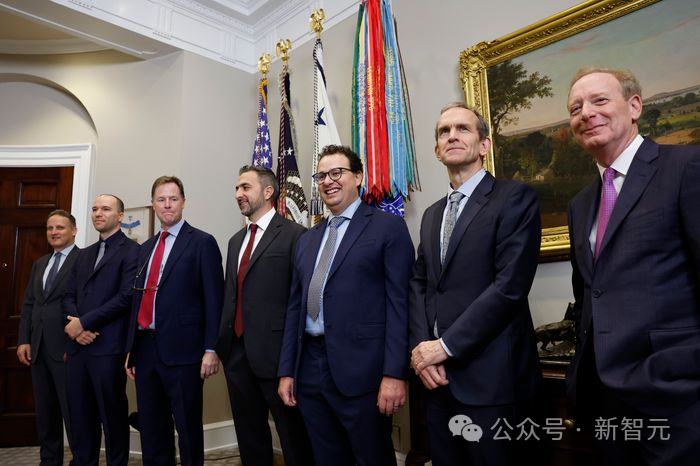
Zuckerberg may have felt that the company had missed the opportunity before being snubbed at the White House, so he established an independent team for generative AI products and transferred 60 employees from FAIR to this team.
Employees said that Meta also shifted FAIR's focus from research and internal experiments to actual products and began putting more pressure on the team to launch products quickly.
The Responsible AI team, responsible for privacy and fairness issues, also shifted from focusing on open ethical issues in AI to ensuring basic compliance requirements before product release.
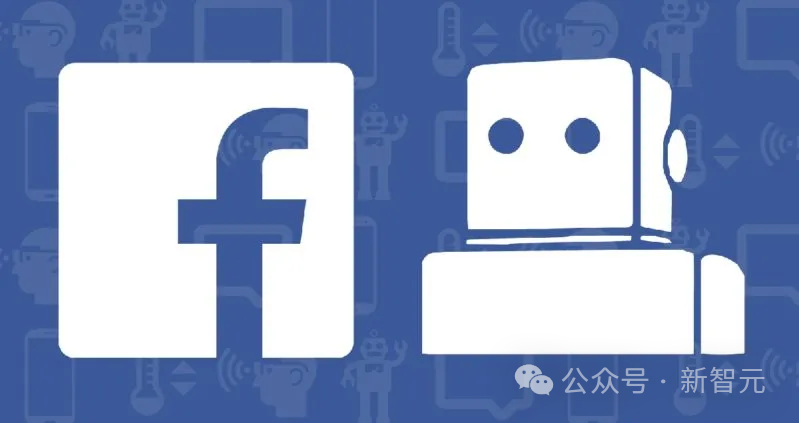
The team had to launch products within a few months, reminiscent of Meta's era of "fast action, breaking the rules."
Zuckerberg's control over Meta ensured that he could implement his own changes in a company of this scale.
Meta's former VP of AI, Pesenti, said, "He doesn't hesitate or get pushed around when making these major and difficult decisions."
But the negative aspect is that over the years, Zuckerberg's constant adjustment of priorities has left employees dissatisfied, as they find themselves competing for resources, and the goals they strive for are often projects that the boss has suddenly decided on.
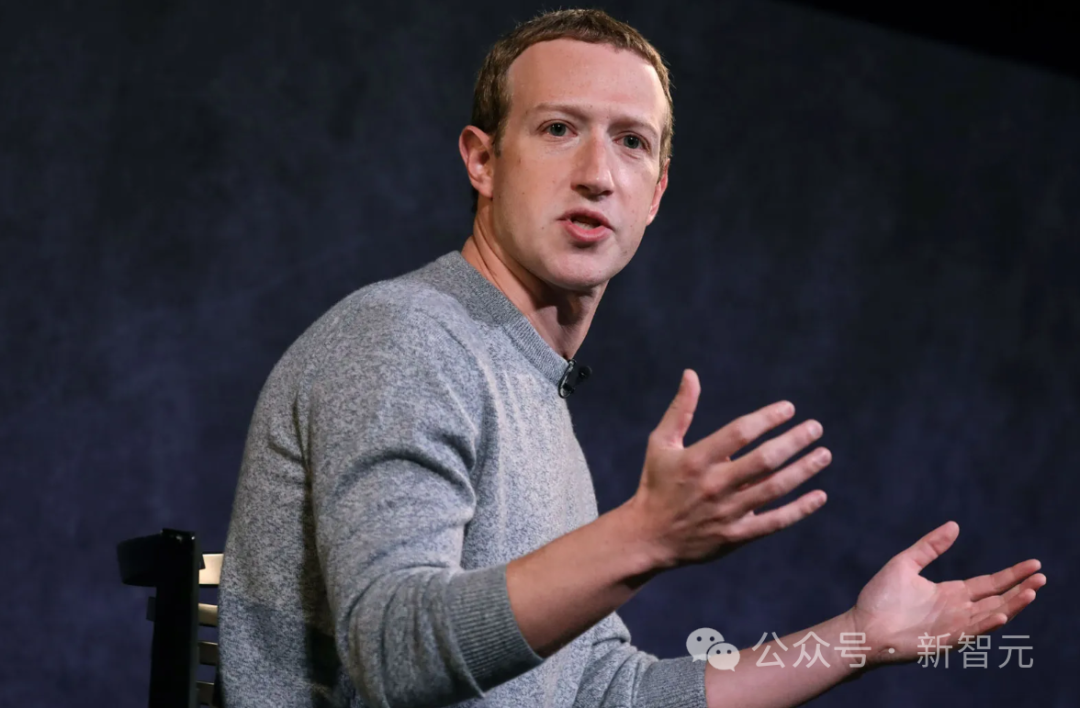
Morale in Reality Labs has particularly plummeted. Employees had eagerly joined the project that was supposed to define Meta's future, only to find out that they were no longer Zuckerberg's favorite team.
Instagram Threads, released in July 2023, was immediately popular, but now team members also feel neglected.
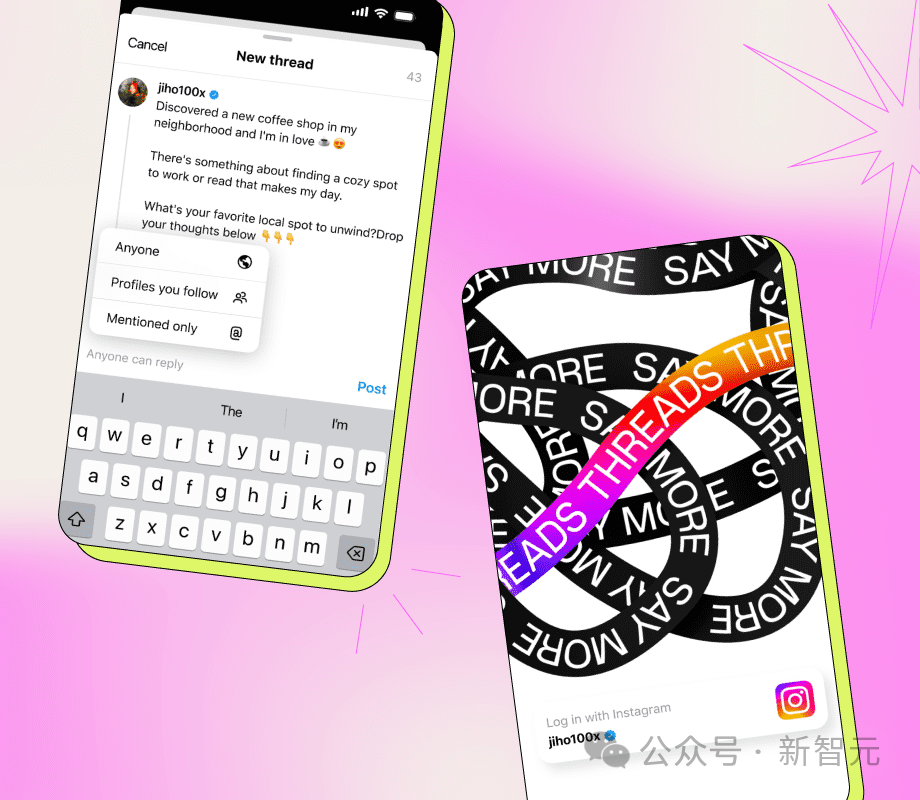
As for team spirit, it is clearly lacking. When Zuckerberg shifted FAIR's focus from publishing papers to developing products, some prominent members left the company (including the developers of Llama).
Now, researchers feel like they are competing with the generative AI team for computing resources. In the context of all companies desperately competing for AI talent, Meta faces the risk of losing researchers.
Wise Open Source
It was a very smart move for Meta to open-source their models, because in some ways they were kind of late to the game
Open-sourcing AI really saved Meta.
In 2023, Meta released a series of AI applications in hopes of attracting ordinary internet users.
At the Connect conference in September, Meta introduced a feature that can turn text prompts like "pizza playing basketball" into animated images for Facebook and Instagram chats.
Meta also launched a series of AI chatbots, each with its own personality and celebrity avatar. One of them, the "sassy sports debater," looks like Tom Brady, while another resembles Kendall Jenner.
When introducing the chatbots at the Connect conference, Zuckerberg described the future of the metaverse:
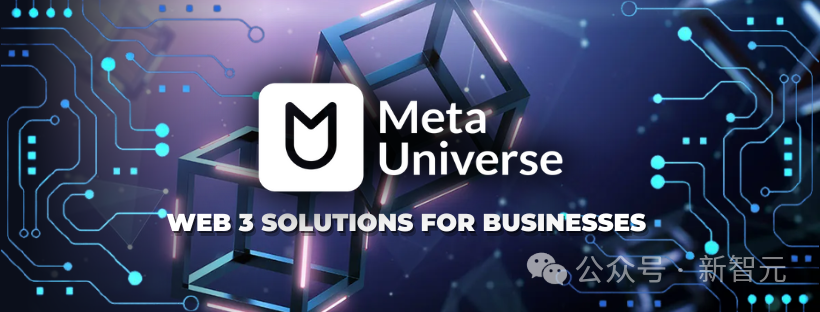
People will interact with friends wearing augmented reality glasses in the metaverse. Some will be in the same physical location, while others will appear in digital form, and the entire team will interact with a group of AI, with AI appearing as holograms to help you work.
Zuckerberg is enthusiastic about this idea, but others are not.
However, Meta's contributions in the open-source field have been widely praised.
In 2023, Meta successively open-sourced the first and second generations of Llama, becoming the benchmark for open-source LLM. Developers can access its underlying code and modify it for their own purposes.
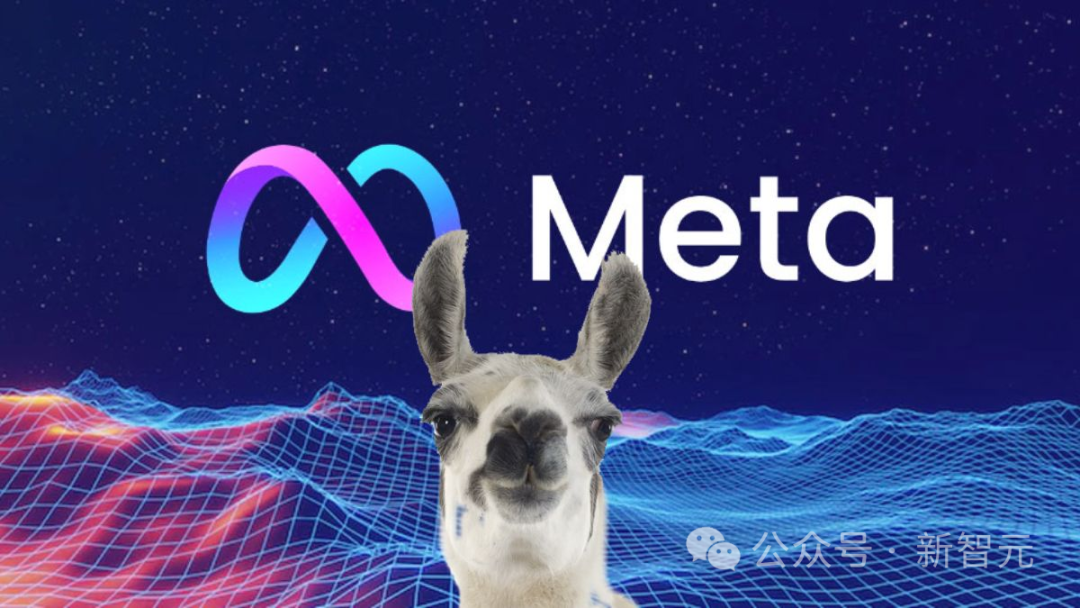
Open-sourcing has a long history in the tech field, such as Google's Android operating system, but companies like OpenAI and Google have avoided this practice in the field of artificial intelligence.
Some industry insiders believe that openly sharing such powerful tools is dangerous, and there are clear business advantages to keeping technology hidden from competitors.
In contrast, Meta has consistently adhered to open-source principles. It has spent several years contributing to open-source projects related to data center hardware.
Meta also developed and open-sourced PyTorch, a significant framework in the field of AI, and split it off to be managed by the non-profit Linux Foundation.
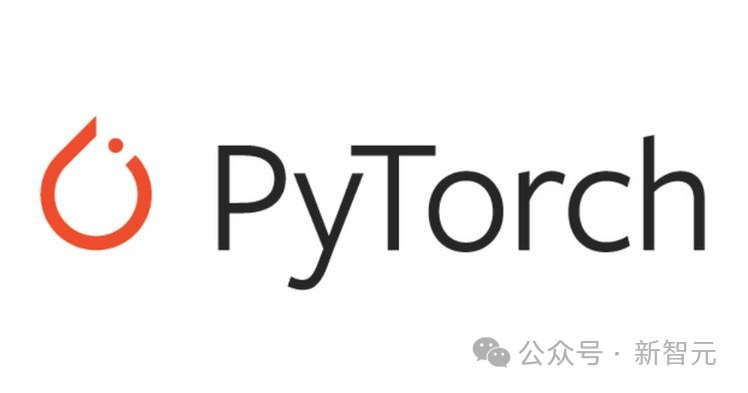
The practice of open-sourcing Llama has helped small companies and individual developers, enabling them to build their own AI tools.
It also benefits Meta, as open-source software can reach developers all over the world, potentially speeding up development compared to relying solely on the company's researchers.
Moreover, this can weaken the strength of competitors like OpenAI, Google, and Microsoft, as some of their APIs are still fee-based.
Rishi Jaluria, an analyst at RBC Capital Markets, said, "Meta's decision to open-source their models is a very wise move, because in some ways they were kind of late to the game."
Betting on Artificial Intelligence
Unlike Microsoft, OpenAI, and Google, Meta does not need to make money by selling AI tools. Instead, the company's main revenue comes from using AI to extend user engagement.
Meta's strategy is to keep AI models free and then gain an advantage by building products and services on top of them. For example, if cloud computing services charge customers who access Llama, Meta will take a cut.
Driven by AI investments, Meta had its best year in the stock market in 2023, with the stock value nearly tripling.
In October, Zuckerberg told investors that AI would be Meta's biggest investment area in 2024. "We will continue to deprioritize some non-AI projects across the company and have employees work on AI instead."
On January 10th, Meta's stock price reached its highest level since the fall of 2021.
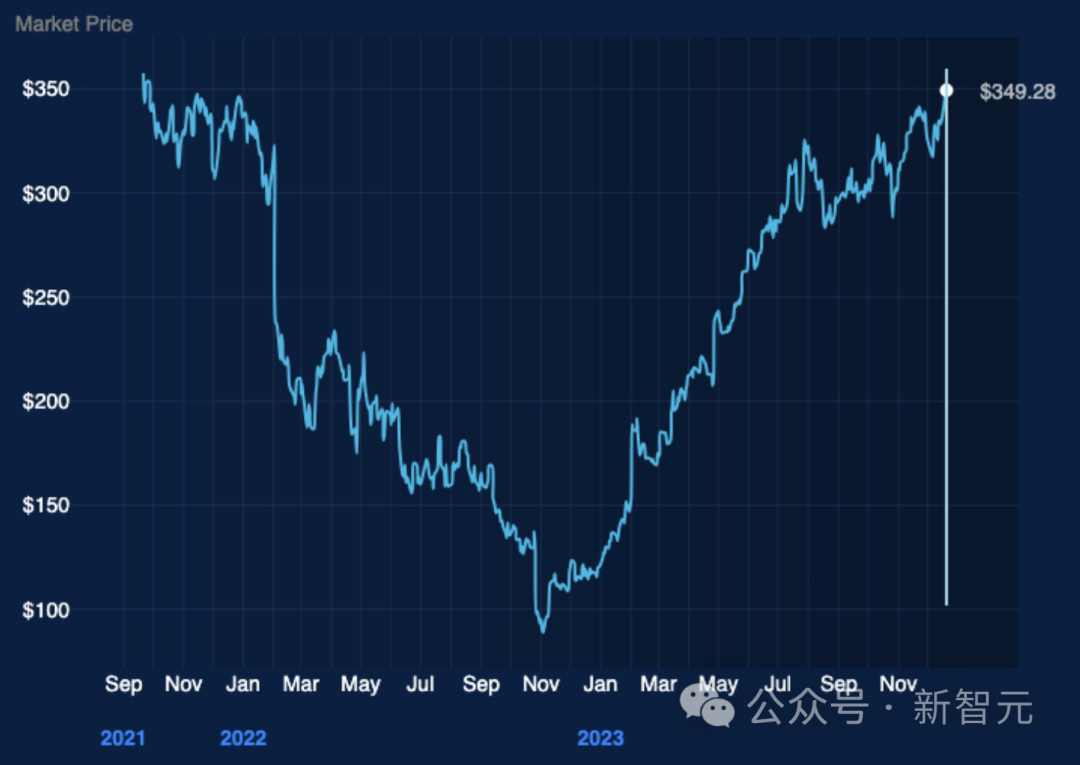
If Zuckerberg can stay focused and not hinder product development, he really has a chance to turn Meta into an AI giant.
Tejas Dessai, a research analyst at Global X ETFs, said Meta could launch subscription-based AI tools or sell models to other companies. These new businesses could become important sources of income for Meta in the coming years.
Recently, Zuckerberg has been paying attention to the latest developments of AI researchers in the company. A few weeks ago, he posted a video on his Instagram account introducing an AI assistant that provides fashion advice using the company's smart glasses and computer vision software.
Zuckerberg held up a pair of pants and asked the AI, "Hey, Meta, tell me what pants go with this shirt."
The AI replied, "Based on the image, it seems to be a striped shirt, and dark-wash jeans or solid-colored trousers would complement this shirt."
Reference: Bloomberg
免责声明:本文章仅代表作者个人观点,不代表本平台的立场和观点。本文章仅供信息分享,不构成对任何人的任何投资建议。用户与作者之间的任何争议,与本平台无关。如网页中刊载的文章或图片涉及侵权,请提供相关的权利证明和身份证明发送邮件到support@aicoin.com,本平台相关工作人员将会进行核查。




